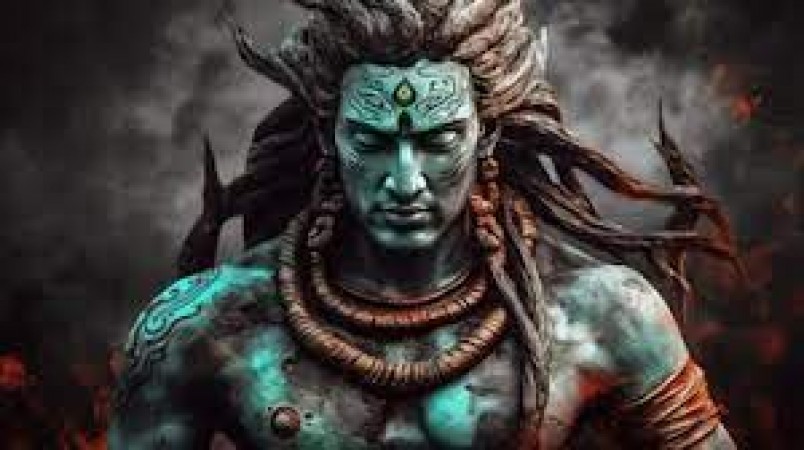
In the vast realm of mythological beliefs, numerous cultures and civilizations have woven intricate narratives surrounding the concept of a supreme being or entity who holds mastery over the entire universe. These narratives vary widely, reflecting the unique perspectives, values, and traditions of each culture. Let's embark on a captivating journey through the mythological tapestry of the world, exploring the diverse deities and cosmic figures who are regarded as the masters of the universe.
In Greek mythology, Zeus stands as the chief deity and ruler of Mount Olympus. He wields thunderbolts and commands the heavens, symbolizing the supreme authority over the cosmos.
Hinduism introduces Brahma as the creator of the universe. He is often depicted with four faces, each representing a cardinal direction, emphasizing his role in shaping the world.
In Judeo-Christian and Islamic traditions, Yahweh (or God) is considered the one true deity who created and governs the entire universe. This monotheistic concept underscores the omnipotence of a singular divine entity.
Egyptian mythology venerates Ra as the sun god, representing the life-giving force that illuminates and sustains the world.
Another figure from Greek mythology, Poseidon, holds dominion over the seas, exemplifying the mastery over the vast oceans and waterways.
Gaea is celebrated as the personification of the Earth itself in Greek mythology. She embodies the nurturing and life-sustaining aspects of the natural world.
In Norse mythology, Odin is the Allfather and ruler of Asgard. He safeguards the cosmic balance, orchestrating the destinies of gods and mortals alike.
Ancient Chinese mythology reveres Shangdi as the supreme god, overseeing the celestial hierarchy and cosmic order.
Buddhism introduces Siddhartha Gautama, known as the Buddha, who attained enlightenment and offered profound insights into the nature of existence.
Taoism delves into the concept of the Tao, an abstract principle representing the fundamental force that harmonizes the universe.
Contemporary New Age beliefs often revolve around the idea of cosmic consciousness, where individuals seek unity with the universe through spiritual practices.
The concept of who holds mastery over the universe is as diverse as the cultures that have shaped these mythological beliefs. From powerful gods and elemental deities to abstract cosmic principles, each belief system offers a unique perspective on the forces that govern our world.
As we explore these mythological narratives, we gain a deeper understanding of the human desire to connect with something greater than ourselves, to seek meaning in the cosmos, and to find our place within the intricate tapestry of existence. So, who is the master of the whole universe? The answer, it seems, lies in the rich and intricate stories that have been passed down through generations, inviting us to contemplate the mysteries of the cosmos and our place within it.
Skoda launches limited edition of Slavia and Kushaq, know why it is special
Jawa Motorcycle Teases Revamped 42 Bobber: Exciting Changes Await